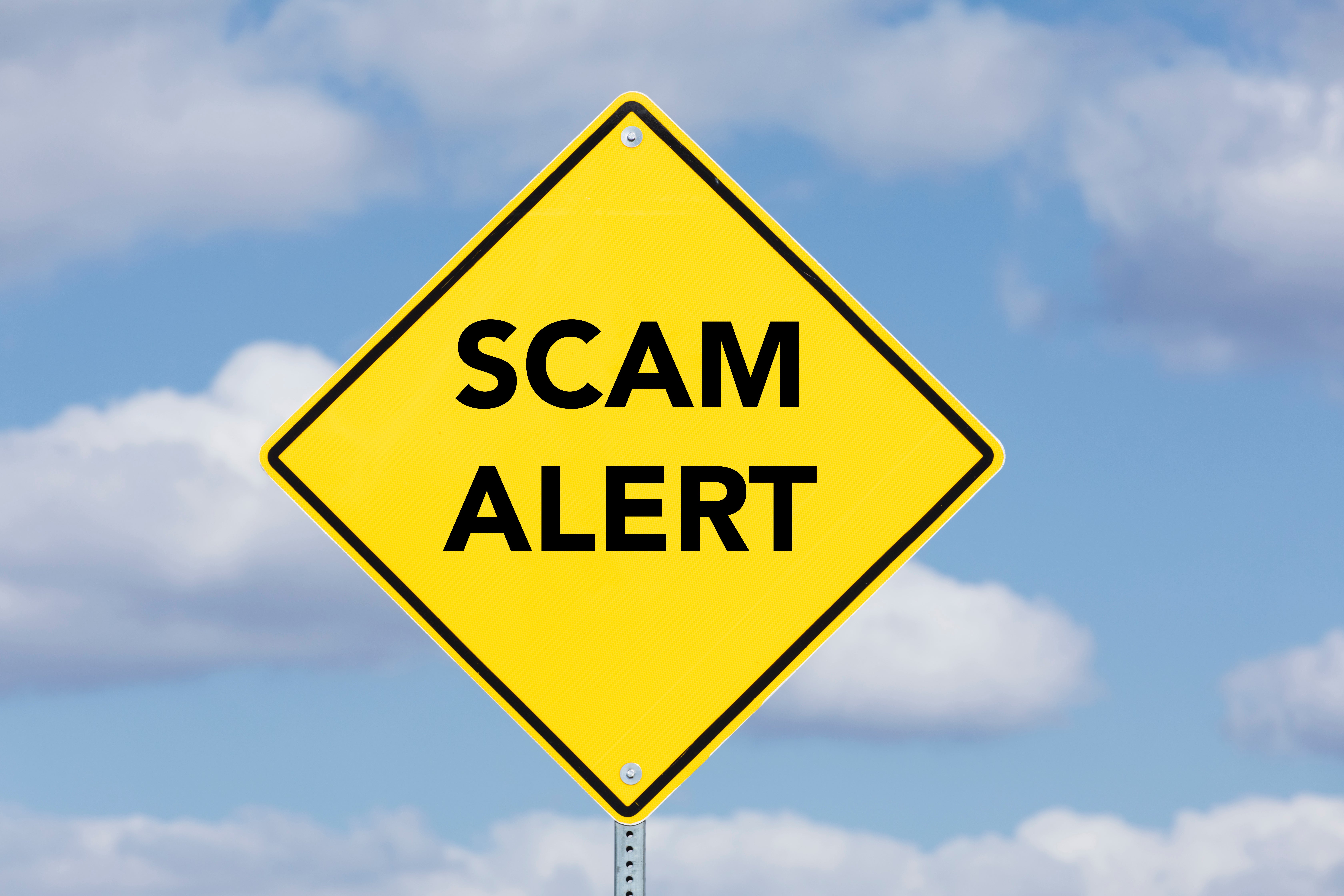Fraud Alert: Scammers impersonate Office for Victims of Crime
Published 5:22 pm Sunday, July 2, 2023
|
Getting your Trinity Audio player ready...
|
The Office of Justice Programs’ Office for Victims of Crime (OVC) has received multiple reports that individuals claiming to represent OVC, or other Department of Justice (DOJ) agencies, are calling members of the public as part of imposter scams, announced United States Attorney Sandra J. Stewart. These scams are usually intended to convince victims to send money to the fraudsters who use official agency names to make their communications sound serious and legitimate.
According to OVC’s website, some examples of scams include scammers falsely representing themselves as OVC Director Kristina Rose and attempting to obtain personal information or money. OVC states it will never contact individuals this way.
Other scammers may represent themselves as representatives of law enforcement agencies, such as the International Criminal Police Organization (INTERPOL), the Federal Bureau of Investigations (FBI), or the Financial Crimes Enforcement Network and claim the person to whom they are speaking has supported a terrorist network. Law enforcement will never contact a person demanding payment of a fine when the person has not been convicted of a crime following a trial or a guilty plea.
Additionally, after fraudulently obtaining money from someone through a scam like the ones described above, a scammer may contact a person a second time and tell the person that he or she is eligible for victim compensation or restitution from OVC. Such calls are also fraudulent. The OVC states that it never offers victim compensation or restitution in this manner, and it does not demand money from individuals or threaten legal action—civil or criminal—if individuals do not make payments to OVC.
“Criminals will use any lie or trick they can invent to take advantage of the most vulnerable in society,” stated United States Attorney Stewart. “I strongly encourage the public to remain vigilant and to never provide personal identifiable information — such as a social security number or bank account information — without verifying the identity and the legitimacy of the other individual.”
If a person receives what could be a scam phone call, email, or message from someone claiming to be affiliated with a government agency, the recipient should not respond directly. Rather, he or she should access the agency’s website to find the agency’s legitimate contact information (email or telephone) and attempt to contact the agency to verify the information received.
The public can view the Federal Trade Commission’s How to Spot, Stop, & Report Government Imposter Scams infographic for information on avoiding and responding to these scams.
Additionally, citizens may report scams to the Federal Trade Commission online at https://reportfraud.ftc.gov/#/ or by calling 877-FTC-HELP (877-382-4357). Fraud can also be reported to the FBI for law enforcement action at https://www.justice.gov/criminal-fraud/report-fraud.






